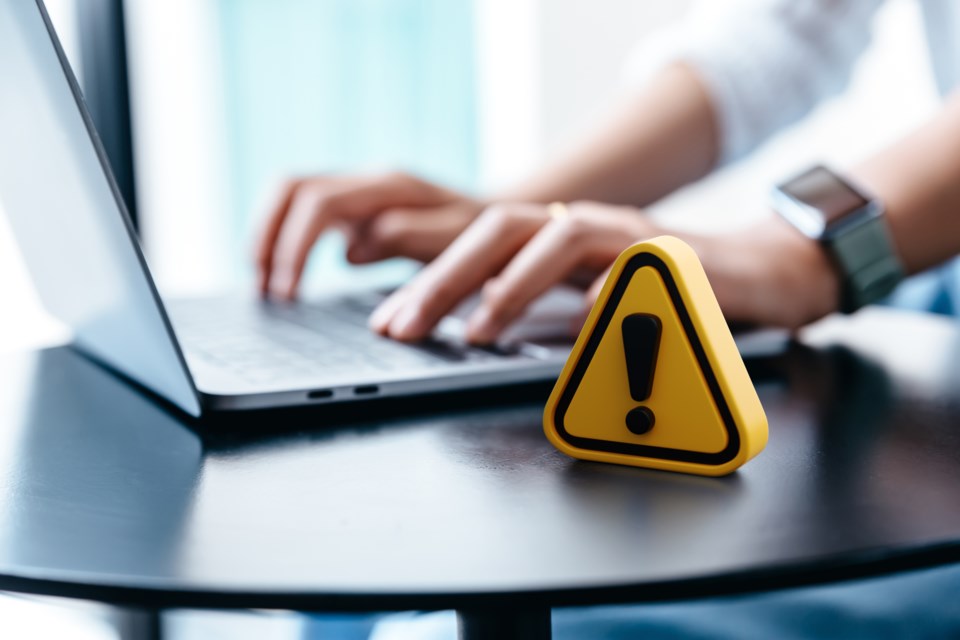Facebook Marketplace has become one of the most popular peer-to-peer online buy-and-sell platforms but its link to personal information shared on the social network has buyers and sellers reflecting on how they use it, according to a new University of B.C. study.
“Concerns for physical and financial safety, as well as well-being, were top of mind among users, reflecting the inherent risks associated with trading with strangers — particularly because goods are exchanged in person,” said Konstantin Beznosov, professor of electrical and computer engineering, in a statement following publication of the study.
When someone uses Marketplace their Facebook profiles are visible to the other user and so, said Beznosov, this “inseparable link” causes concern among many participants, exemplified by, among other matters, hesitation to rate sellers, citing physical safety concerns and the challenge of balancing feedback with anonymity.
“Participants voiced fears of potential harm, such as physical harm, abduction, sexual abuse, physical harassment, or emotional violence.
“Female participants were particularly concerned with encountering predatory or aggressive behaviour during in-person meetings with other traders. Additionally, participants were worried about financial losses, reputation damage, or inadvertently facilitating crime,” the study stated.
Beznosov and his team interviewed 42 Marketplace users to come to certain conclusions and recommendations for the platform.
Participants cited various warning flags for both buyers and sellers.
Whereas prompt and polite responses and relevant product inquiries paired with a profile that appears authentic were reassuring, “warning signals included perceived impoliteness, flirtatious or patronizing language (e.g., “baby”), excessive grammatical errors suggesting a foreign scammer, and irrelevant inquiries, such as questions about marital status.
“Warning signals perceived only by buyers were responses from the sellers at unusual times (e.g., in the middle of the night, suggesting the seller could be a foreign scammer), providing item details inconsistent with the listing photos, delayed responses, a lack of interest in negotiation regarding meeting location, or being pushy in other respects.”
As a result of trust issues, some users take steps to protect their privacy by removing certain information, such as real names, from their profiles. However, this may perpetuate trust issues on the other side, the study noted.
“Our participants frequently examined [Facebook] and [Facebook Marketplace] profile information of other traders, including profile pictures, to assess their trustworthiness and the associated risks of trading with them,” stated the study.
Ultimately, however, “despite these persistent trust concerns, most participants continued to use the Marketplace because it’s simple to set up and offers wide audience reach, and it’s effective in facilitating sales,” said Beznosov.
To mitigate the risks people are taking on, Beznosov said Facebook should offer more transparent communication channels for user feedback.
“At the end of the day, every market — even online platforms — carries an element of ‘buyer beware.’ But it’s always possible to create a safer, more trustworthy trading environment on Facebook Marketplace. We should be helping users to make more informed choices about the tradeoffs between benefits and risks in any online marketplace, particularly those in which goods are exchanged in person,” said Beznosov.




